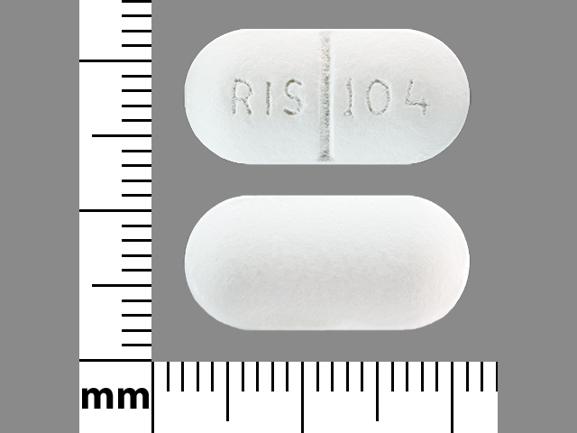Potassium Phosphate / Sodium Phosphate Dosage
Medically reviewed by Drugs.com. Last updated on Jul 25, 2025.
Applies to the following strengths: 250 mg-45 mg-250.5 mg; 250 mg-45 mg-298 mg; 305 mg-700 mg; 155 mg-350 mg; 250 mg-278 mg-164 mg; 250 mg-280 mg-160 mg
Usual Adult Dose for:
Usual Pediatric Dose for:
Additional dosage information:
Usual Adult Dose for Hypophosphatemia
1 or 2 tablets/capsules orally four times a day (with meals and bedtime)
Comments:
- As a phosphorous supplement, each tablet supplies 25% of the US Recommended Daily Allowance (US RDA) of phosphorous for adults.
Use(s): Increase urinary phosphate and pyrophosphate; phosphorous supplement
Usual Adult Dose for Urinary Acidification
1 or 2 tablets/capsules orally four times a day (with meals and bedtime)
Comments:
- As a phosphorous supplement, each tablet supplies 25% of the US Recommended Daily Allowance (US RDA) of phosphorous for adults.
Use(s): Increase urinary phosphate and pyrophosphate; phosphorous supplement
Usual Pediatric Dose for Hypophosphatemia
4 years and older: 1 tablet orally four times a day (with meals and bedtime)
Comments:
- As a phosphorous supplement, each tablet supplies 25% of the US Recommended Daily Allowance (US RDA) of phosphorous for children over 4 and adults.
Uses: Increase urinary phosphate and pyrophosphate; phosphorous supplement
Usual Pediatric Dose for Urinary Acidification
4 years and older: 1 tablet orally four times a day (with meals and bedtime)
Comments:
- As a phosphorous supplement, each tablet supplies 25% of the US Recommended Daily Allowance (US RDA) of phosphorous for children over 4 and adults.
Uses: Increase urinary phosphate and pyrophosphate; phosphorous supplement
Renal Dose Adjustments
Contraindicated in severe renal impairment (renal function less than 30% of normal)
Liver Dose Adjustments
Use with caution
Dose Adjustments
Laxative effect:
- Occasionally, some patients experience a mild laxative effect the first few days of phosphate therapy.
- If lactation persists to an unpleasant degree, reduce the daily dose until it subsides, or discontinue the medication if necessary.
Precautions
CONTRAINDICATIONS:
- Infected phosphate stones in the urinary tract
- Severely impaired renal function (less than 30% of normal)
- Hyperphosphatemia
Consult WARNINGS section for additional precautions.
Dialysis
Data not available
- Contraindicated in severe renal impairment (renal function less than 30% of normal)
Other Comments
Administration advice:
- Tablets should be taken with a full glass of water, with meals and at bedtime.
Storage requirements:
- Store at room temperature; protect from light and moisture
Monitoring:
- Periodically monitor renal function and serum calcium, phosphorous, potassium, and sodium.
Patient advice:
- Advise patients to avoid antacids containing aluminum, magnesium, or calcium as they may prevent phosphate absorption.
- Warn patients of the risk of passing old kidney stones when therapy is started.
More about potassium phosphate / sodium phosphate
- Check interactions
- Compare alternatives
- Side effects
- During pregnancy
- Drug class: minerals and electrolytes
Patient resources
Other brands
Phospha 250 Neutral, PHOS-NaK, K-Phos Neutral, K-Phos M.F., ... +3 more
Professional resources
Other brands
Phospha 250 Neutral, K-Phos Neutral, K-Phos No. 2
Related treatment guides
See also:
Further information
Always consult your healthcare provider to ensure the information displayed on this page applies to your personal circumstances.


